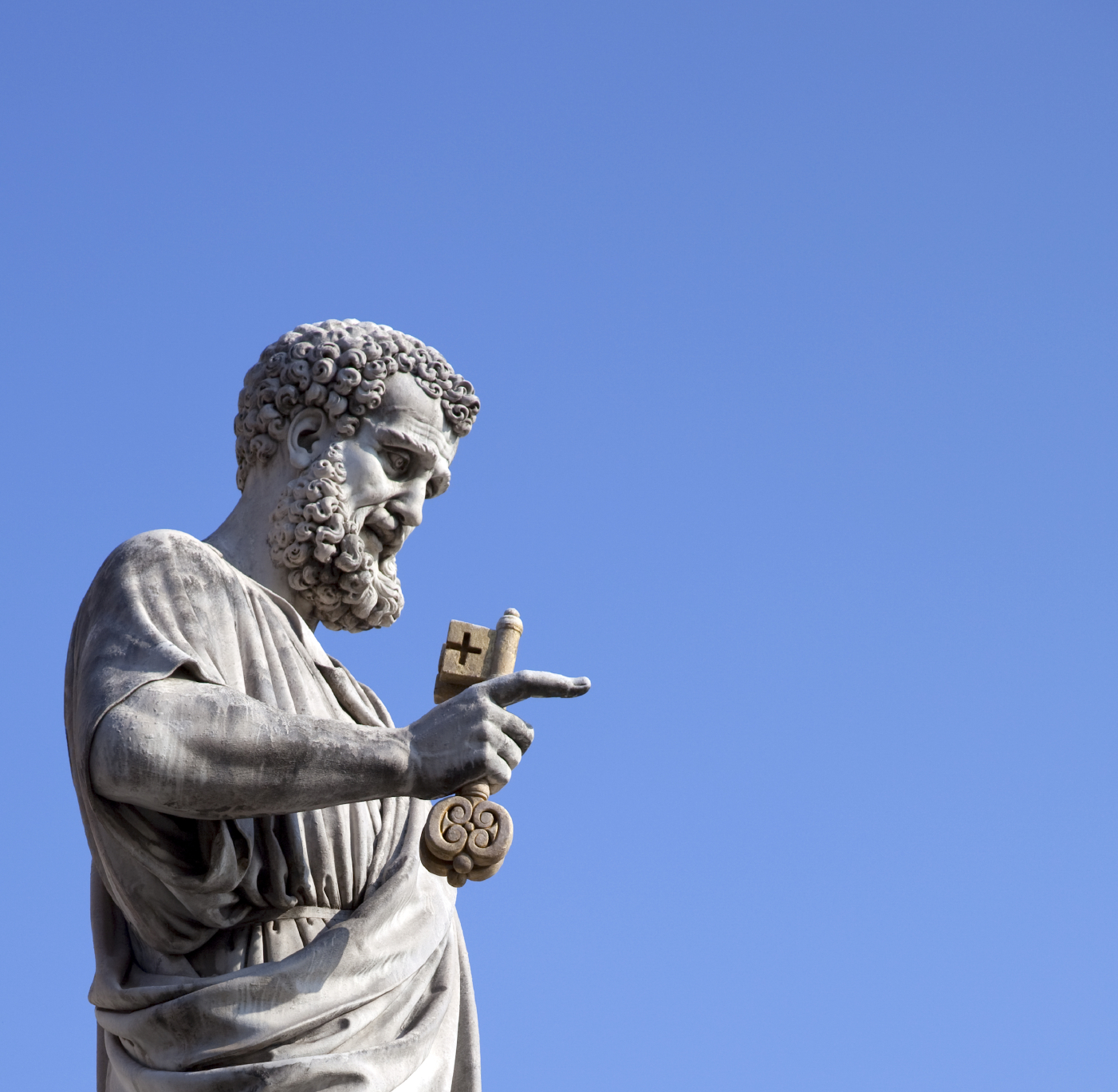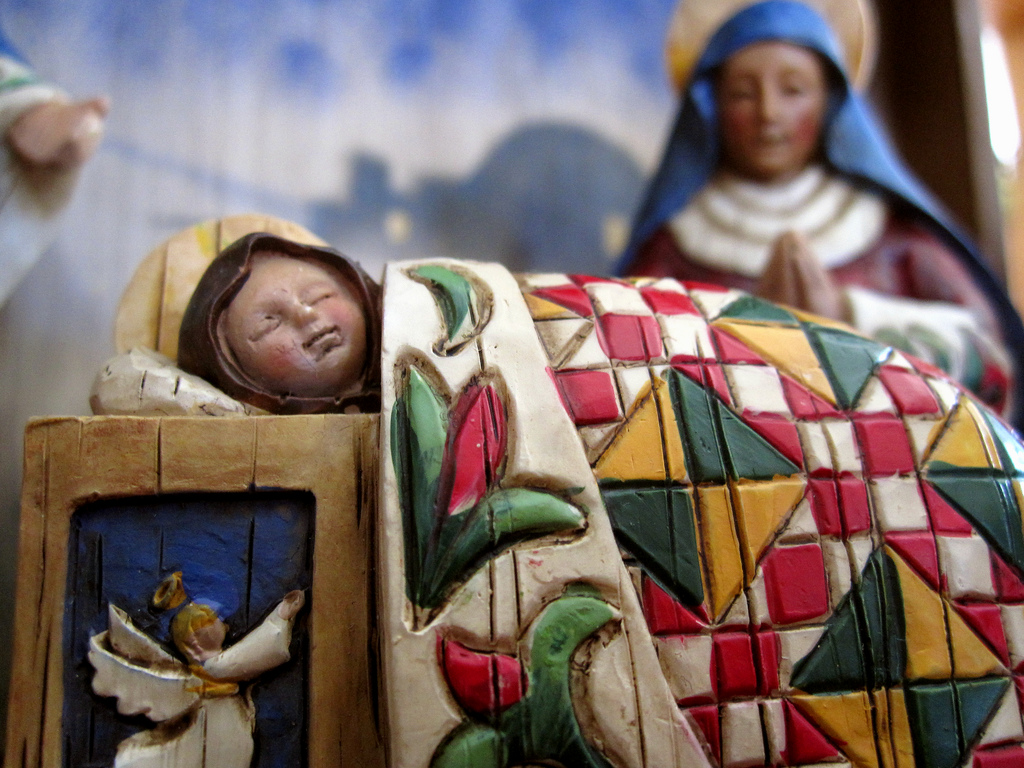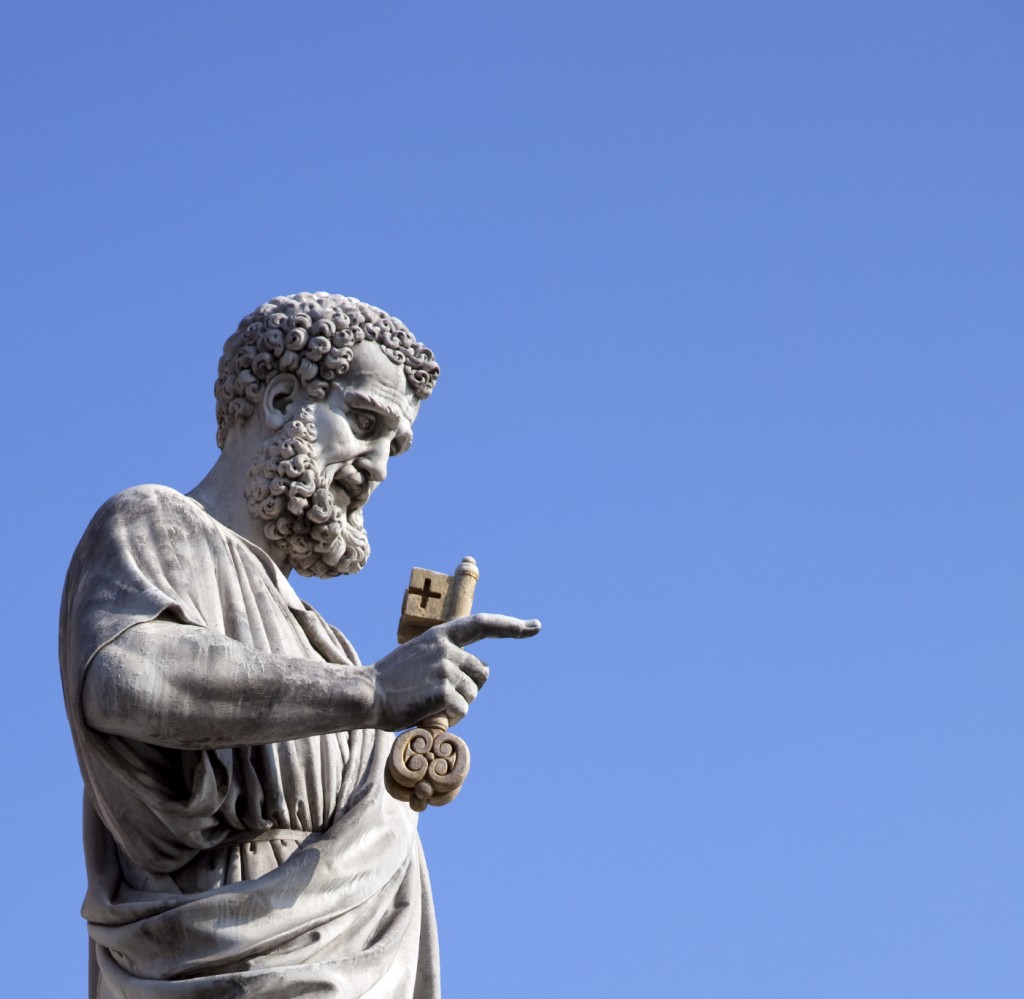This is part of a series studying Peter’s life and ministry. Click here for the entire series.
The setting is the Upper Room where the Passover meal was held.
After finishing the Passover meal, Jesus spoke in somewhat cloaked terms about being “glorified” (a reference to His death and the salvation that would be possible through His sacrifice) but more plainly about the fact that He would be leaving His followers for a place they were not yet able to go (John 13:31-33). Then He commanded them to love each other, the ultimate proof to “outsiders” that they were indeed His followers (John 13:34-35).
Ever-curious Peter couldn’t hold his tongue any longer, “Lord, where are you going?” (John 13:36). Jesus told him he couldn’t follow Him right away but would later on. Peter couldn’t conceive of such a situation: “Lord, why can’t I follow you now? I will lay down my life for you” (John 13:37).
Peter had left everything to follow Jesus, seen Jesus do so many miracles, briefly seen Him in His heavenly glory on the Mount of Transfiguration and now swore loyalty to Jesus—even if that meant death.
Imagine Peter’s shock when Jesus said, “Will you really lay down your life for me? I tell you the truth, before the rooster crows, you will disown me three times” (John 13:38). Peter was incredulous: “What? After I just promised to lay down my life for you!” Jesus knew Peter better than Peter knew Peter!
Luke tells us that Jesus softened the blow of His prediction, “Simon, Simon, Satan has asked to sift you as wheat. But I have prayed for you, Simon, that your faith may not fail. And when you have turned back, strengthen your brothers” (Luke 22:31-32). Matthew records Peter’s response, “Even if I have to die with you, I will never disown you. And all the other disciples said the same” (Mark 14:31). Luke quotes Peter as saying, “Lord, I am ready to go with you to prison and to death” (Luke 22:33).
After that exchange, Peter was silent. He had been in Jesus’ inner circle, had spent nearly three years traveling with Jesus. Disowning Jesus was unthinkable. Fortunately, Jesus gave Peter encouraging words to carry him through the trial that was ahead: “I have prayed for you that your faith [in me as the Messiah, the Holy One of God] fail not [not be eclipsed]. But I know after you deny me, you will repent of your sin and when you do so, please encourage and strengthen my other followers so they won’t follow your example” (paraphrase of Luke 22:31-32).
Are there any conditions under which you think you might deny being a follower of Jesus?
How can we guard against that happening?




















